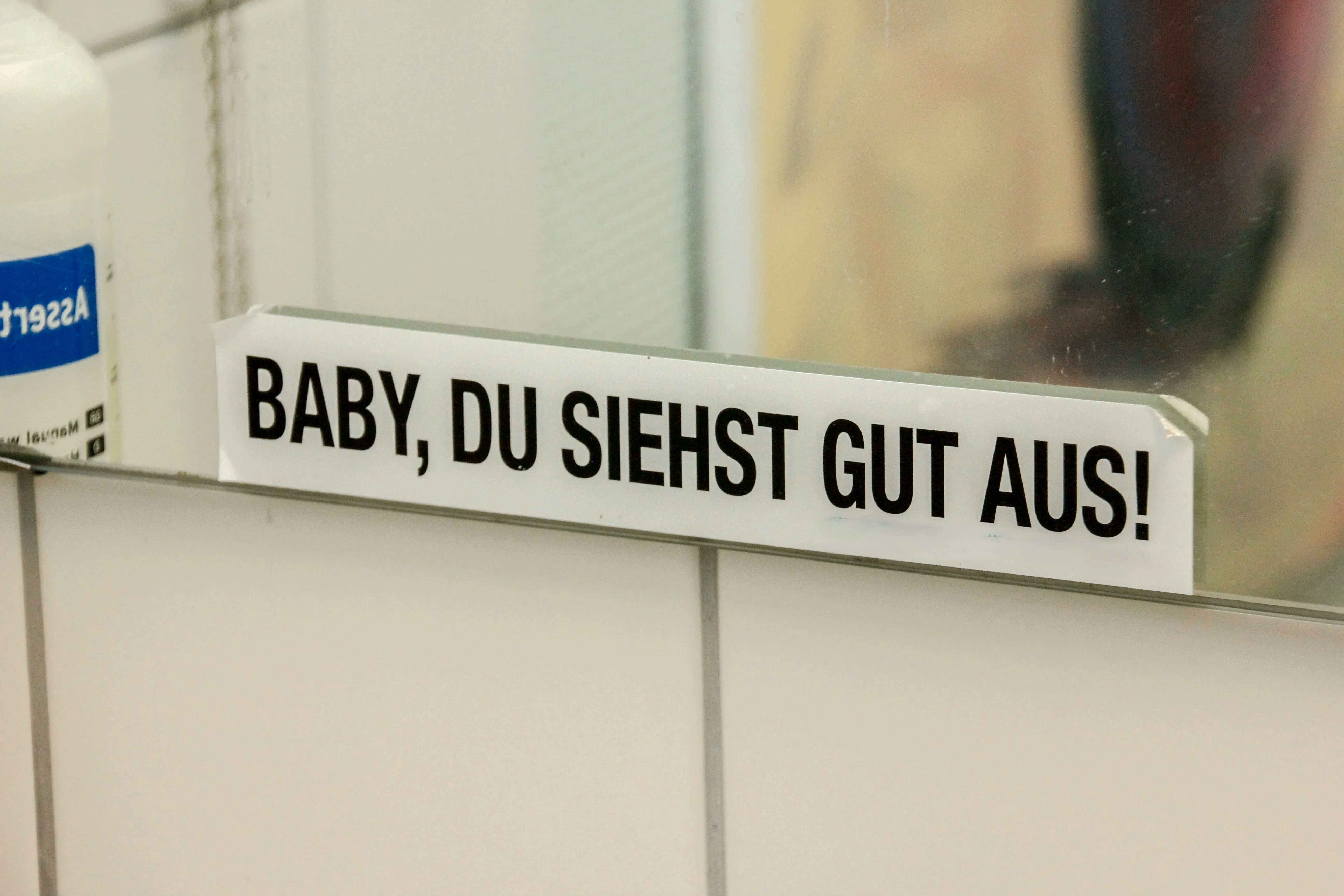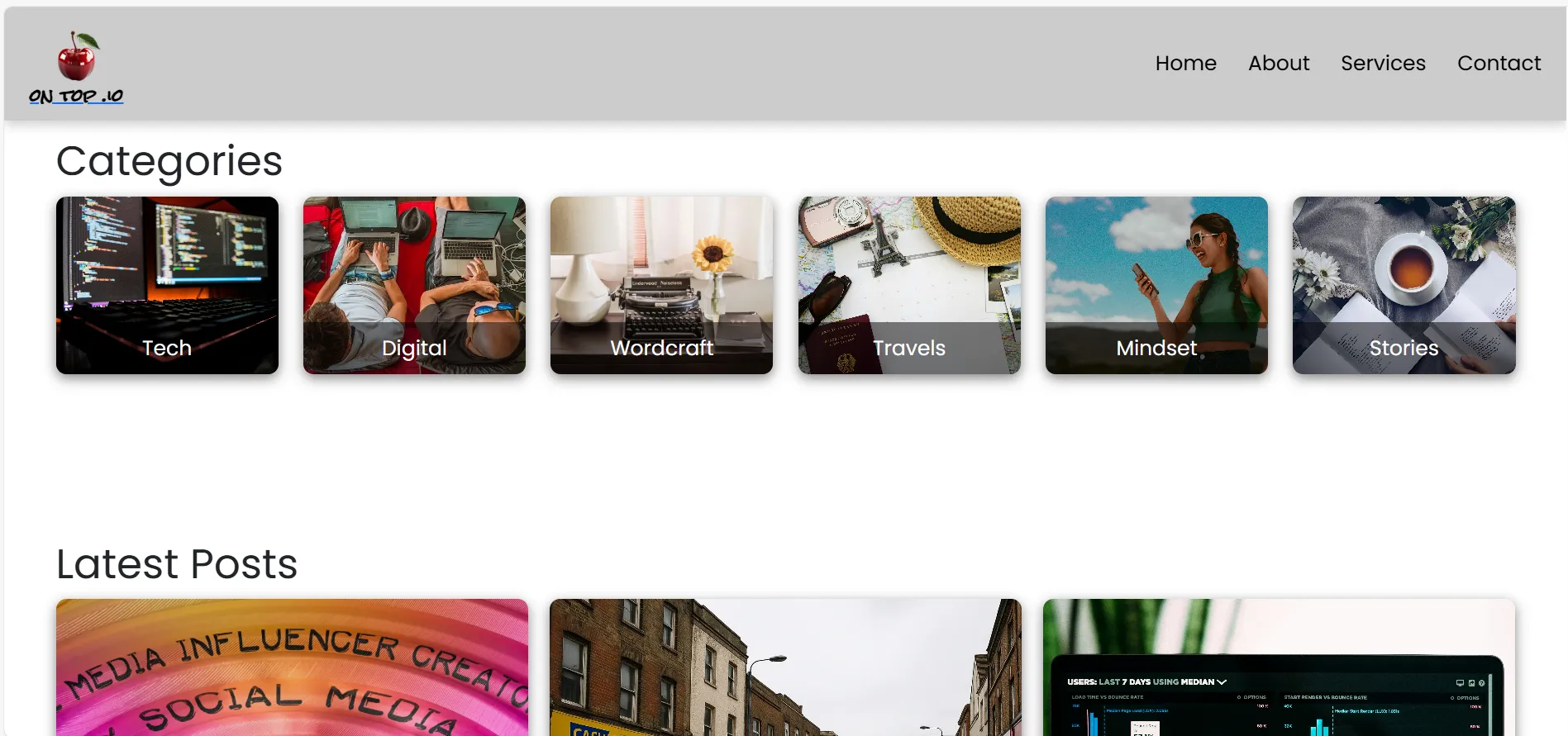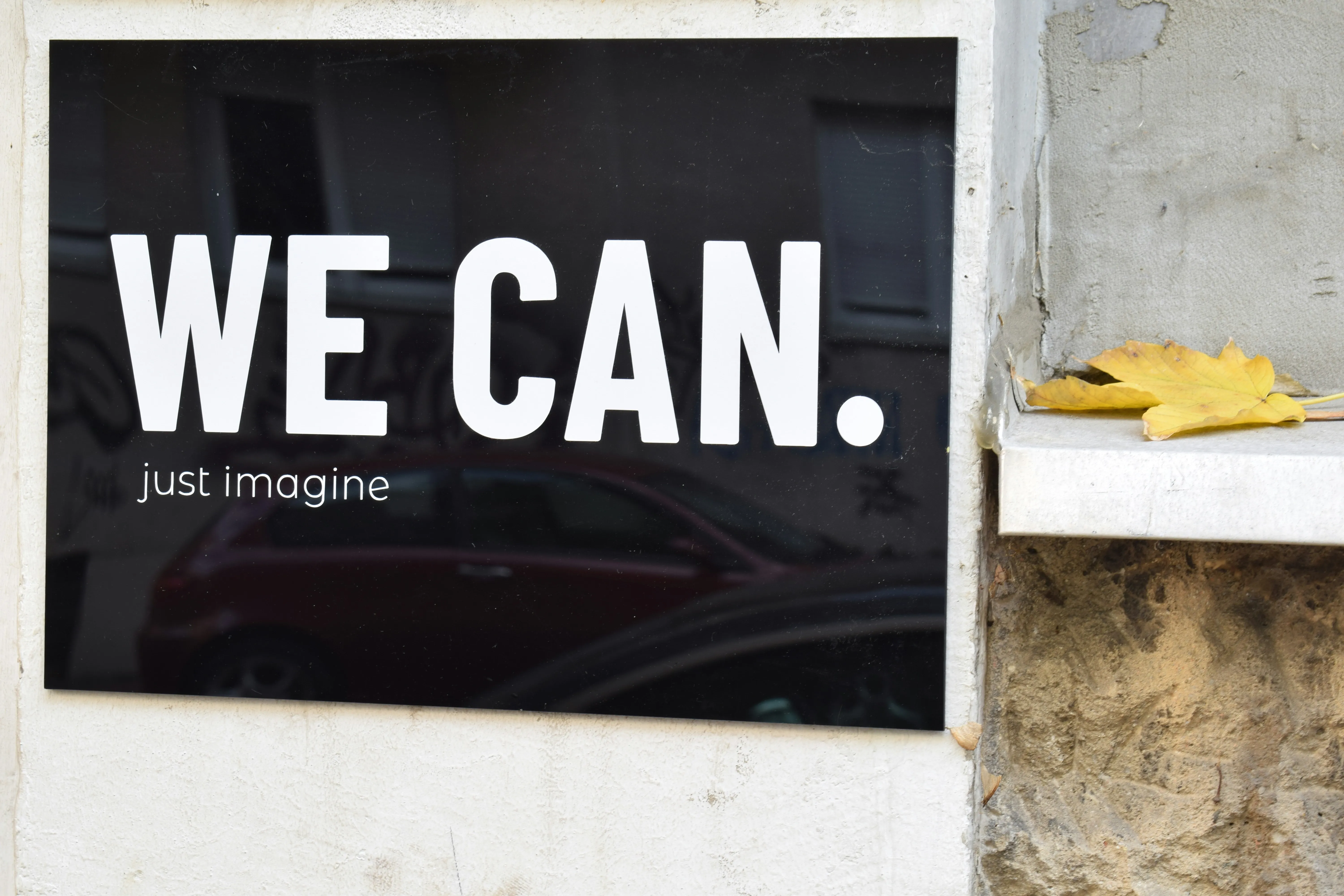When people think of learning a language, they usually imagine grammar drills, vocabulary lists, and trying to pronounce difficult words just right. Sure, all of that matters. But after teaching both German and English for years, I’ve realized something important:
It’s not just about how much you know—it’s about how confidently you use it.
The Role of Confidence
I’ve seen it over and over again. A student with an amazing vocabulary and excellent grammar can still freeze up in conversation. Meanwhile, another student with just a handful of words might jump into speaking right away, piecing together what they know to express themselves. Guess which one usually progresses faster?
The bold beginner almost always pulls ahead. Confidence fuels communication. You don’t need to speak perfectly to connect—you just need to try.
Two Types of Learners
The Cautious Learner
- Knows a lot of grammar and vocabulary
- Wants to say everything perfectly
- Often stays quiet for fear of making mistakes
The Confident Beginner
- Knows just the basics
- Isn’t afraid to speak, even if it’s messy
- Practices often by using what they know
Both approaches have value. But if I had to choose, I’d rather teach someone who’s willing to speak—even if it’s imperfect—because they’re already using the language, which is the whole point.
So, What’s the Best Way to Learn?
- Get the basics down: Common verbs, essential vocabulary, and simple sentence structures.
- Start using the language early: Speak out loud, even to yourself. Make it part of your routine.
- Focus on communication, not perfection: Mistakes are part of the process.
- Celebrate small wins: Every interaction counts—build momentum with each success.
- Find a teacher who coaches: You need support, not just grammar explanations.
Final Thoughts
Language learning isn’t about knowing everything—it’s about using what you know. Confidence turns knowledge into real-world ability. I’ve had students who knew so much, but kept it all inside. And I’ve had students who knew very little, but weren’t afraid to use every word they had. Guess who learned faster?
If you’re learning a new language, remember: Don’t wait until it’s perfect. Just start speaking. That’s where the magic happens.
Ready to Build Confidence in Your Language Skills?
If you’re looking for a supportive, encouraging teacher of German and English who focuses on real communication (not just grammar drills), I’d love to help you. Whether you're learning German or English, we’ll work together to boost your confidence and get you speaking right away.
➡️ Get in touch to book a lesson or ask me any questions!





